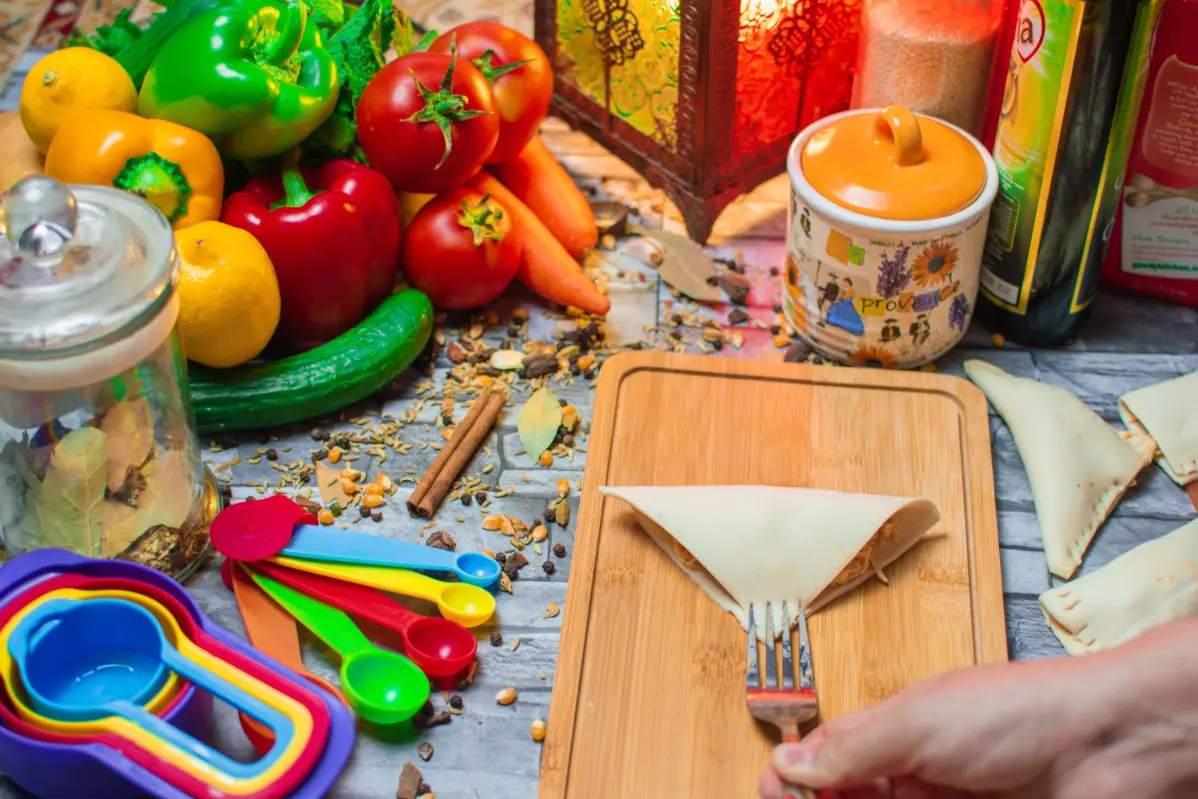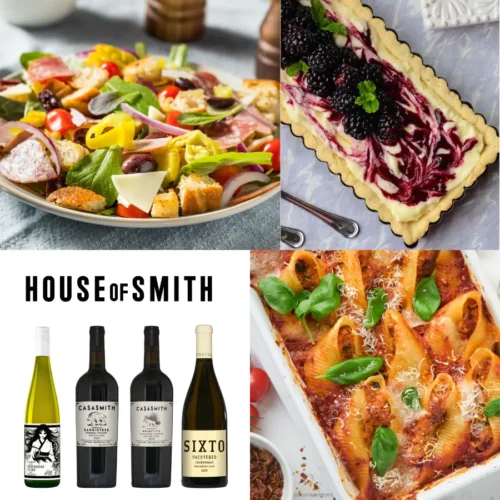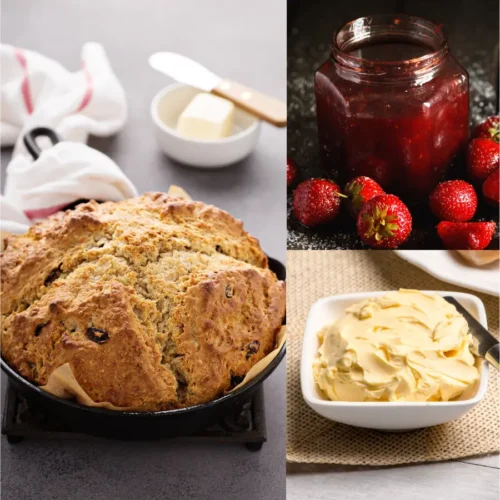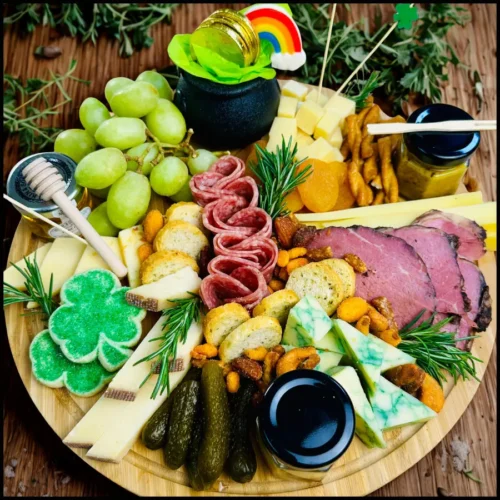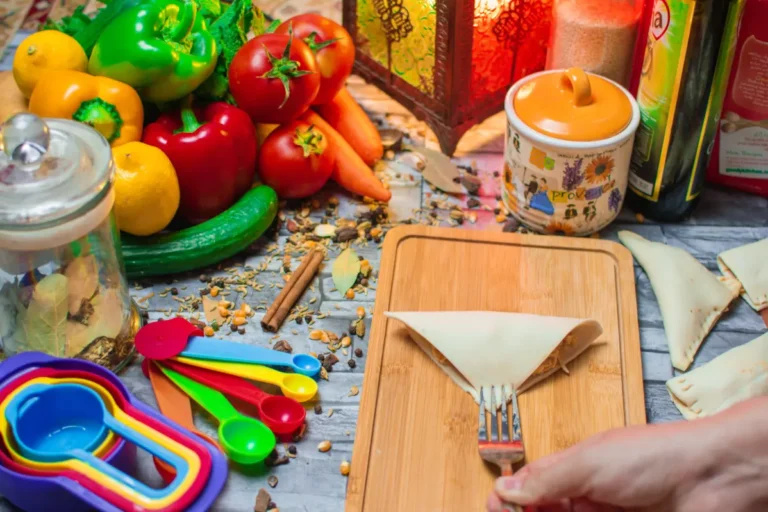Cooking with kids isn’t just about whipping up some scrumptious snacks or dealing with a sink full of dishes—it’s an adventure packed with teachable moments that often go unnoticed.
Hey there, I’m your friendly neighborhood chef and teacher who has had the joy of watching kitchen clatter transform into a harmonious learning experience for the kiddos. With my days filled guiding eager young minds through culinary creations, I’ve seen them turn simple pantry staples into mouth-watering wonders while honing their critical thinking chops.
Picture this: your little one meticulously measuring out flour for a batch of chocolate chip cookies, breezing through fractions as if they were born to do it—yep, those are stealthy math lessons in action! But hang on, it’s not all about numbers; cooking arms children with an array of essential life skills from sparking cognitive growth to enhancing fine motor coordination.
If you’re intrigued about how some family time in the kitchen could give your child’s problem-solving muscle a serious workout (not to mention crafting some mean homemade pizza dough), then stay tuned.
Let’s get ready to roll up our sleeves and crank up the heat on both learning and fun!
Key Takeaways
- Cooking with kids boosts their problem – solving skills as they follow recipes and make quick decisions like fixing mistakes or swapping ingredients.
- Measuring ingredients for cooking is a practical way for children to learn math by using fractions and understanding quantities, which are useful in real life.
- Making food helps kids grow their brains. They get better at reading, planning, and working with others. Plus, it makes them feel happy and proud of what they make.
- When children cook, they practice many skills. They mix flavors, plan meals, create shopping lists, decorate treats safely and work together with friends.
- Eating family meals together teaches kids good eating habits. It also gives time for talking and learning how to be kind during meal times.
The Role of Cooking in Enhancing Problem-Solving Skills
Do you know what’s like a secret ingredient for boosting your kiddo’s problem-solving chops? Cooking! It’s not just about whipping up something yummy—it turns out, this hands-on activity is a deliciously clever way to season their thinking skills with a dash of fun.
Following a Recipe: A Lesson in Critical Thinking
Cooking with children is like giving them a treasure map where following directions leads to tasty treats. Recipes are more than just steps; they’re puzzles that require critical thinking.
Kids learn to read instructions and figure out the order things need to happen, which is a big deal in learning how to solve problems.
Sometimes, cooking throws us curveballs – an ingredient might be missing or something doesn’t taste right. That’s when kids have to think on their feet! Maybe they’ll decide another spice could work or perhaps they can use less sugar if it’s too sweet.
Making these choices helps their brains grow strong problem-solving muscles.
Letting kids lead in the kitchen is amazing for their self-worth too. They mix reading and math while measuring ingredients, boosting both language development and fine motor skills all at once! Plus, turning tomatoes into sauce or flour into bread shows them that they can create awesome things with their own two hands.
It’s not just about following recipes—it’s about thinking ‘what if?’ and ‘why not?’. And honestly, seeing them light up when they nail making a perfect pasta dish or salad dressing? Priceless!
Measuring Ingredients: A Practical Math Exercise
I love how cooking turns the kitchen into a fun math class. Kids get to practice measuring ingredients, and that’s hands-on learning at its best! They scoop out flour, pour water, and count eggs.
This is where they learn all about cups, teaspoons, and tablespoons without even knowing they’re in a math lesson.
Let me tell you, things get super interesting when we double or halve recipes. That’s when I see their little minds buzzing with calculations. “How much sugar do we need if we make two cakes instead of one?” They figure it out like mini experts using multiplication and division.
This practical way of dealing with numbers helps kids understand math is not just for school—it’s part of everyday life! And as they grow up, these skills will help them make smart choices in all sorts of situations.
Plus, isn’t it great when children feel proud because they helped bake those delicious cookies? They see the results of their work right there on the plate—sweet rewards for learning some serious know-how!
The Impact of Cooking on Children’s Cognitive and Emotional Growth
Cooking is more than just mixing and baking; it’s a chance for kids to grow their brains. They learn to follow steps, like in a dance, turning scribbles from a recipe into tasty treats.
This journey from reading to eating helps them with language development too. It’s like magic – words turn into actions that create something delicious! And let’s not forget about the math they do without even knowing it.
Adding cups of flour and teaspoons of baking powder is hands-on learning at its best.
Kids also get better at controlling their hands and eyes working together while they chop veggies or stir batter. Plus, cooking stirs up all those happy feelings when they taste what they made themselves.
When children share food with others, it builds warm memories and teaches them about caring for friends and family. Now, let’s talk about how we can put all this great stuff into action with some fun kitchen projects!
Practical Cooking Activities for Kids to Foster Problem-Solving Skills
Kids’ brains grow as they learn to cook, tackling new challenges and figuring out solutions. Now, let’s dive into some hands-on cooking activities that will really boost your child’s problem-solving abilities.
- Mix and match flavors: Guide them in creating their own simple dressings for salads. They can taste test and decide if it needs more sweetness or acidity, this teaches them about balance and adjusting.
- Plan a meal menu: Let them choose what they’d like to make for a family dinner. They’ll need to think about what goes well together, making sure not everything is salty or sour.
- Take on the role of head chef: During meal prep, kids can decide the order of tasks. Should they wash veggies first or start boiling water? This helps with prioritizing.
- Create a shopping list: Have them read through recipes and write down needed ingredients. It’s good practice for organizing thoughts and knowing what to look for at the store.
- Decorate cookies or cakes: Offer various toppings and see how they choose to design their treats. Kids will use creativity while also working on hand-eye coordination.
- Cook with friends: Encourage your child to cook with a buddy. They’ll have to talk things through and make decisions together, strengthening communication skills.
- Experiment with substitutions: What if you’re out of an ingredient? Ask your little one what else could work instead. Figuring this out builds flexible thinking.
- Practice kitchen safety: Teach them what not to do—a hot stove isn’t a place for playtime. Understanding these limits is part of learning how to solve problems safely.
The Importance of Sharing Family Meals Together
After working together on cooking, it’s time to sit down and enjoy the food as a family. Eating meals together builds healthy eating habits in kids. They watch us eat different foods and want to try them too.
This is also a great chance for everyone to talk. We share stories and listen to each other. It makes us feel close.
Sharing meals lets kids use social skills like saying “please” and “thank you.” They learn how to act at the table. It’s more than just eating; it helps children grow up well-rounded, knowing how to be with others.
So let’s make sure we sit down as a family often. Those moments are special for teaching our children about life while we share good food.
Conclusion
Cooking with kids is more than just fun. It’s a way to help them grow smarter and solve problems better. They learn about math when they measure and mix things. Talking about food helps them with their words.
When kids cook, they find out how to work together and make choices.
So let’s get those spoons stirring! Your kitchen can turn into a classroom full of lessons in yummy problem-solving adventures. Remember, every time your child helps toss a salad or stir a pot, their brains are cooking up new skills too! Now go ahead, start this delicious journey of learning with your little ones today – it’s sure to serve up smiles all around!
Discover the multitude of benefits that come from sharing family meals together and how it can further enhance your child’s problem-solving skills.
FAQs
1. How does cooking help kids get better at solving problems?
You know, when kids get in the kitchen to make something like a salad, they learn how to figure things out on their own. They might ask themselves, “How much dressing should I add?” or “What if I toss in some tomatoes?” This is all about problem-solving—finding what works best!
2. Can stirring up a recipe make kids smarter?
Absolutely! When little chefs follow a recipe, they’re using their noggin for reading and understanding steps. And guess what? That’s part of learning too! It’s like giving their brains a workout without hitting the gym.
3. Do children pick up new words by cooking?
Oh yeah! Picture this: your kiddo is whipping up some cookies and they stumble upon words like “whisk” or “knead.” Cooking can turn into a super fun language lesson where they soak up new terms just by baking and tasting—pretty sweet deal if you ask me.
4. What other cool things do kids learn from cooking besides problem-solving?
Cooking’s not just about mixing ingredients; it’s also about getting those hands moving (hello, physical development!), measuring cups teach them math (sneaky education right there), and chatting about food helps with talking skills. Plus, you’ll end up with yummies to eat—it’s a win-win!

